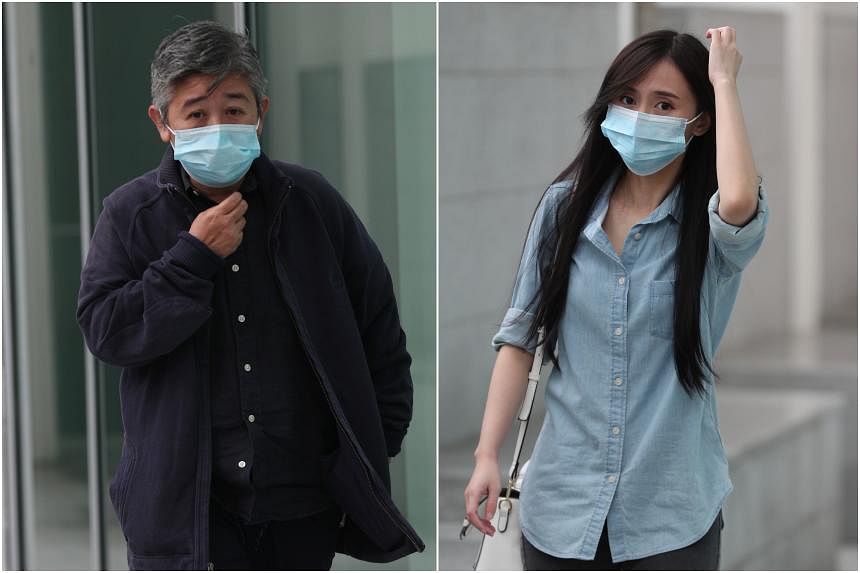SINGAPORE - In cases of cheating where the deception involved a “dishonest concealment of facts”, it is not necessary to prove that an offender intended to cause anyone to wrongfully lose or gain property.
The Court of Appeal made the ruling on Monday in a case involving the former principal of a tuition centre who – with the help of three tutors – schemed to help six students cheat in five of their 2016 O-level examination papers.
The apex court rejected the arguments of former principal Poh Yuan Nie and her niece, former tutor Fiona Poh Min.
The duo argued that their conduct was not considered “dishonest” because it did not involve the wrongful gain or loss of property, and therefore they should not be convicted of cheating.
The two women were each convicted in 2020 of 27 charges of engaging in a conspiracy to cheat the Singapore Examinations and Assessment Board (SEAB).
Poh Yuan Nie, who is also known as Pony, was sentenced to four years’ jail, while Fiona Poh was sentenced to three years’ jail.
The charges brought against the pair stated that they had cheated SEAB by “dishonestly concealing the fact” that each student would be receiving assistance from the conspirators.
Poh Yuan Nie, who was principal of the now-defunct Zeus Education Centre, was paid $8,000 per student to tutor them so that they would pass the exams and enter local polytechnics.
A few hours before each exam, the tutors – Fiona Poh, Tan Jia Yan and Feng Riwen – helped to tape communication devices on the students, who are Chinese nationals.
Tan also sat the exams as a private candidate, and with her mobile phone taped to her chest, provided a live stream of the question papers to her accomplices.
The accomplices then worked on the questions and whispered the answers to the students through their skin-coloured earphones.
Tan was sentenced to three years’ jail, while Feng was sentenced to two years and four months’ jail.
In 2021, Poh Yuan Nie, represented by Mr Peter Fernando, and Fiona Poh, represented by Mr Peter Ong, appealed to the High Court against their convictions and sentences, but failed.
The pair then took the case to the Court of Appeal in a procedure known as a criminal reference, where they sought to have the apex court determine a question of law of public interest.
The issue posed to the court turned on the meaning of the word “dishonest” in the phrase “dishonest concealment of facts”.
The pair’s lawyers argued that the meaning of “dishonest” has to be determined with reference to the definition of “dishonestly” under Section 24 of the Penal Code.
The provision states that a person is said to do an act dishonestly if he does it with the intention of causing wrongful gain or wrongful loss to another person.
The prosecution argued that a plain or ordinary meaning of “dishonest” should be adopted instead.
In a written judgment on Monday, the apex court agreed with the prosecution that the word “dishonest” must be interpreted as being used in the ordinary sense of the word rather than in the special sense given to it by Section 24 of the Penal Code.
After comparing four possible interpretations, the court concluded that the word “dishonest” describes the mental state of the accused when committing a cheating offence.
The court, which comprised Chief Justice Sundaresh Menon and Justices Judith Prakash and Steven Chong, added that the offence of cheating is not intended to be restricted to instances of deception involving property.


